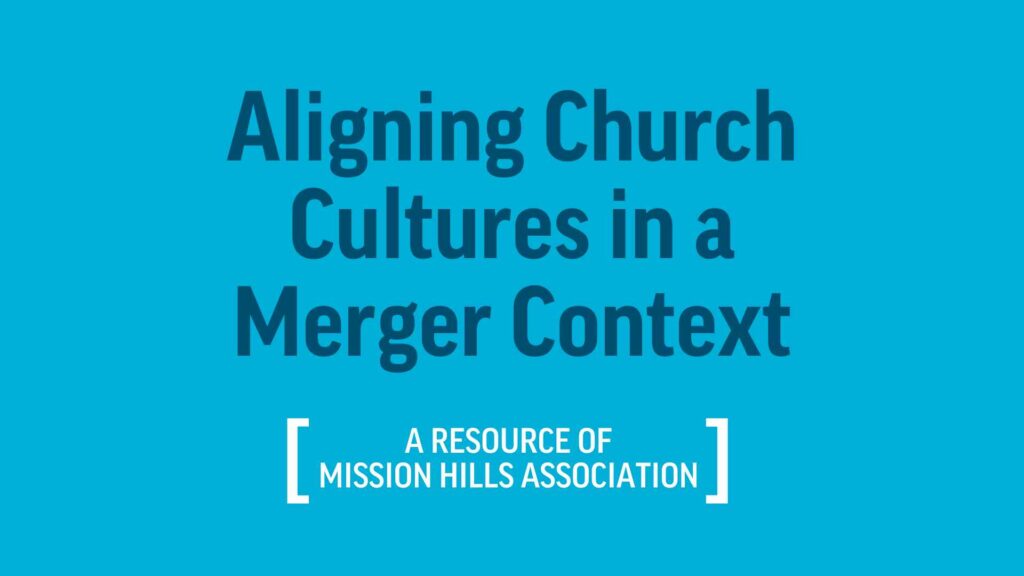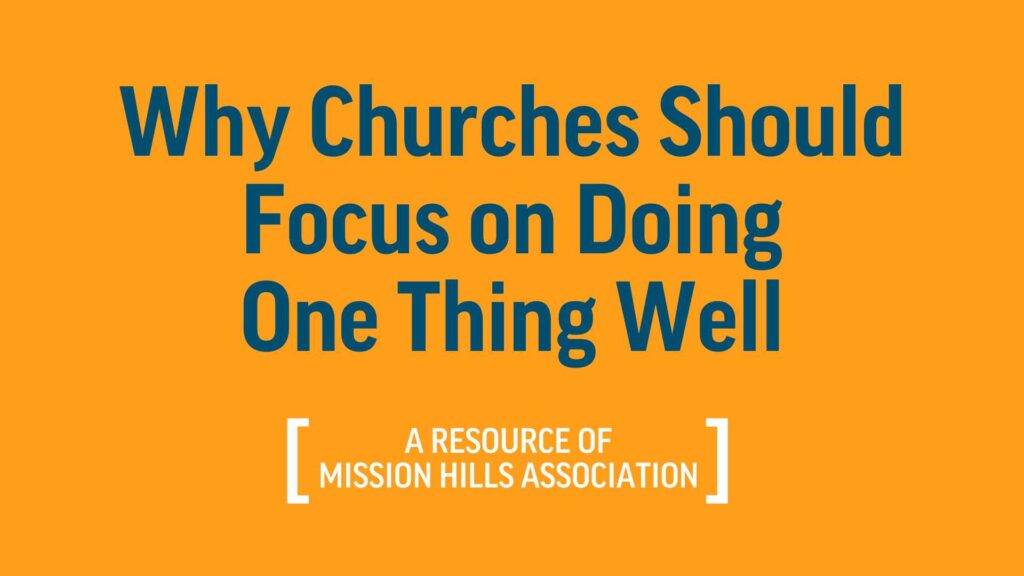
It is relatively simple to create a Next Generation ministry framework for most congregations. There is a natural progression for children’s programming – from infant, to PreK, to Elementary, to Middle, and then High School ministry. No matter their home life, school setting, or hobbies, these student groups are all in the same life stage at their core.
In other words, a group of 8th graders is a group of 8th graders with a common starting place no matter how unique those 8th graders may be.
But things get more difficult when defining boundaries for young adult ministry. The young adults in your church (roughly 18-25) could be in any life stage, from early college, taking a gap year, getting married and having kids, or entering the workforce for the first time – just to name a few possibilities!
It’s no wonder that young adults often struggle to form friendships and connections that feel sturdy and secure. Early adulthood is the first time that a large group of peers is hard to come by. Rather than everyone moving in the same predetermined direction, everyone is trying to discern which direction to go in, and everything can feel a bit impermanent.
This presents a unique challenge for churches to know how to enter into the lives of young adults, but it also presents a unique opportunity. For maybe the first time in their lives, these individuals have to find a more sturdy foundation for community than being on the same team or in the same classroom.
In light of this unique situation, here are our recommendations for building a young adult ministry:
Utilize small groups
Building consistent rhythms for young adults to meet together is one of the most effective ways to get them plugged in. At Mission Hills, the young adult ministry is primarily carried out through life groups. These groups are co-led by young adults who are established at the church and ready to serve their peers.
Rather than hosting young adult ministry events at times that would conflict with regular weekend services, make sure that your small groups serve as a compliment to congregational worship and church involvement. Small groups serve to create a unique space for young adults while also ensuring they aren’t siloed off from the rest of the church.
Don’t create groups based on relationship status
Many churches create Sunday school classes or small groups for adults based on the stage of life their family is in. Whether a young families or empty nesters group, it’s easy to classify members of your church by their relational and familial status. And while there’s nothing wrong with dividing up church groups in this way, this can be an unhelpful approach for young adult small groups. One 25 year old could be waiting for their first serious relationship while the 25 year old next to her is married with kids.
For this reason, we don’t lean into relationship status as a way to separate young adults, because we want to cast a vision for spending time with people who are different from us.
Rather than using relationship statuses to form groups, a helpful framework is to think about every person’s relationship status as living, breathing parable for how God intends for them to show up in the world. That calling looks different for people who are single, dating, and married – but those callings are all the more beautiful when they are in community with one another.
Use host homes
While we ask young adults to host small groups, we don’t ask them to host the group in their own homes. Instead, older members of Mission Hills open up their homes for small groups. These hosts aren’t there to monitor the young adult groups, take over the discussion, or “parent” them. But they are there to provide subtle mentorship and develop genuine relationships with young believers. This is one of the most powerful ways that an older church member can become involved in the life of a younger generation.
Define what success looks like
Every young adult small group within your church is going to look different and grow in different ways. While everyone may start off studying the same book of the Bible or using the same Bible Study, there is bound to be variation as groups grow and evolve over time.
This variation is fully welcomed, but we also advise your church staff overseeing these groups to keep the larger mission at the forefront.
A helpful way to do this is to define what success looks like for your young adult ministry.
At Mission Hills, a successful young adult ministry creates fully formed, spiritually mature Christ followers who know how to be involved in their local church.
This is important to us because small groups and programming all end one way or another – but church doesn’t end. If small groups lay a foundation for long-term disciple-making and church involvement, we have done our job well.
This also helps keep expectations in their proper place. Many small group leaders or members want their small group to become their most close-knit group of friends, and while that does sometimes happen, it isn’t a guarantee.
Remembering the goal of the church in young adult ministry helps temper those expectations and replaces them with a vision for shepherding and caring for every young adult who attends your church.
However you choose to approach young adult ministry at your church, there is so much exciting possibility that lies ahead!
This article was written in collaboration with JG Mottice, the Young Adults Director at Mission Hills. If you want to continue the conversation, you can contact him directly at jgmottice@missionhills.org




